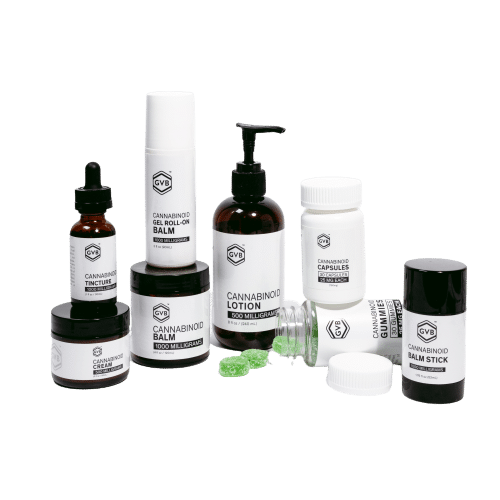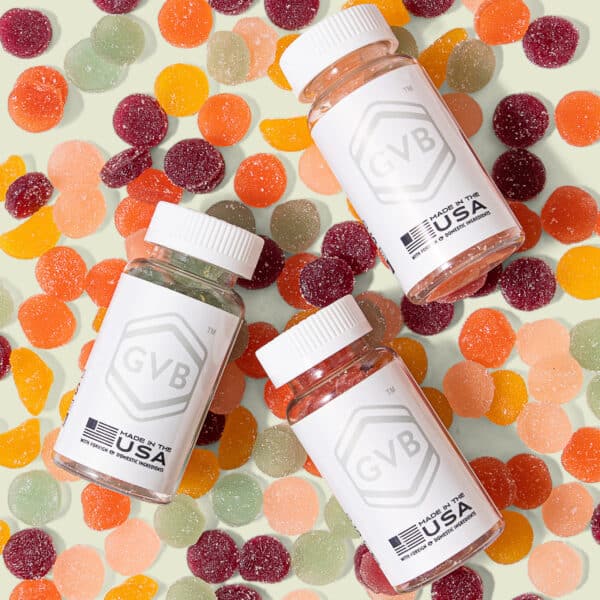The Canadian hemp market provides impressive opportunities within a highly regulated market. Unlike the United States, Canada places strict regulations on its industrial hemp and CBD industry, and under the Cannabis Act, CBD is treated largely the same as THC despite the fact that these cannabinoids have widely different properties.¹
As a result, hemp entrepreneurs wishing to enter the Canadian hemp market must abide by government regulations and offer their products through a limited network of state-regulated dispensaries. The overall Canadian cannabis industry is expected to grow by $1 billion CAD this year and swell to $8 billion CAD by 2025, so extensive opportunities exist for entrepreneurs who seek to inject high-quality hemp products into this rapidly growing North American cannabis market.
GVB Biopharma is the premier supplier of compliant, non-intoxicating bulk hemp products to hemp entrepreneurs around the world. Familiarize yourself with the latest trends in the Canadian hemp industry, and learn how to position your brand for success in this guide.
COVID and Cannabis 2.0
In June of 2018, the passage of the Cannabis Act made Canada the second country to legalize cannabis nationwide. While met with celebration among long-time Canadian cannabis users and newbies alike, Canada’s burdensome bureaucratic apparatus has significantly dampened early enthusiasm and driven cannabis prices sky-high due to imbalanced taxation structures.²
To remedy these concerns, the Canadian government amended its cannabis regulatory scheme with new policies collectively referred to as “Cannabis 2.0.” This updated regulatory structure admitted new product types into the Canadian cannabis market, such as vape pens and edibles, while instating measures to reduce prices and make the industry more consumer-centric.
Instated in phases starting in January of 2020, Cannabis 2.0 emerged just in time to coincide with nationwide Canadian shelter-in-place orders put in place to combat COVID-19. Due to the economic impacts of COVID-19, Cannabis 2.0 has not delivered the sharp boost in industry growth that investors originally anticipated. As the socio-economic impacts of COVID-19 begin to stabilize, the market is expected to do the same.
Budget brands are focusing on flower
The Brightfield Group is a professional data-processing company that releases multiple marketing reports about the cannabis industry in the United States and Canada. A Brightfield Group Canadian Market Report revealed that despite the fact that Cannabis 2.0 regulations made beverages, vape cartridges, and edibles legal in Canada, new Canadian cannabis users are using flower and pre-rolls more than any other product type. According to this report, 71% of Canadian adults cite smoking as the main reason they don’t want to try cannabis, but 43% of new cannabis users in Canada reported using flower products in Q2 2020, which is a 15% increase from Q1.
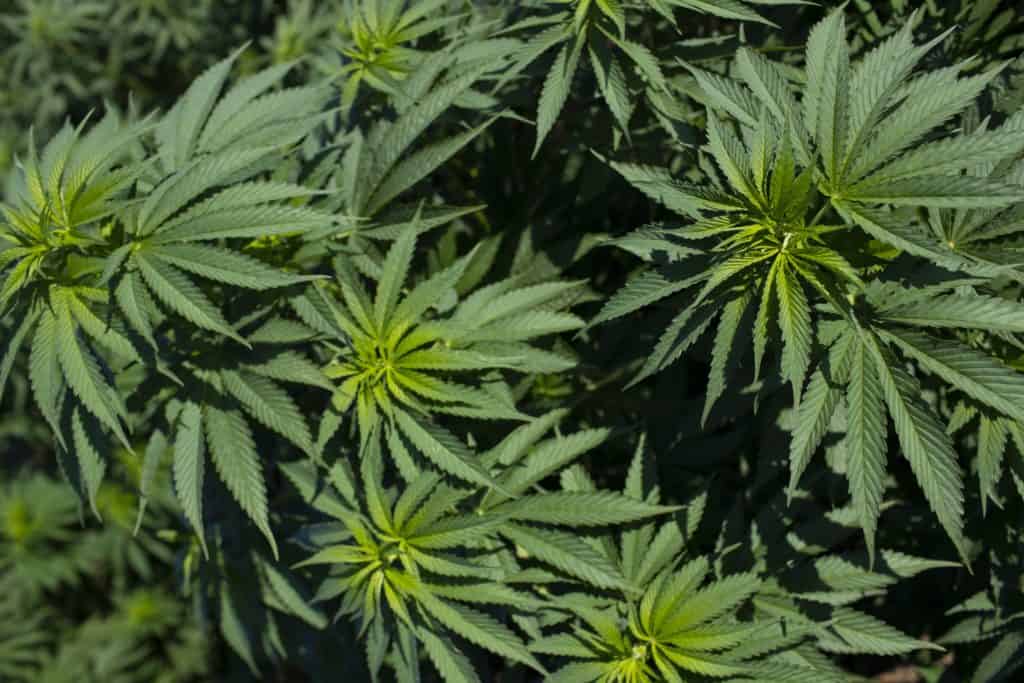
More than two years into legalization, Canadians are simply becoming more acclimated to the idea of smoking cannabis. At the same time, a large number of Canadian cannabis producers and retailers have focused on producing low-budget products to counter the consumer-repelling side effects of the overly taxed domestic market. Since these budget-minded licensed producers (LPs) started taking this path before the advent of Cannabis 2.0, the most inexpensive Canadian cannabis products are flower and pre-rolls with vape cartridges and other new product options commanding higher price points.³
Cannabis entrepreneurs in Vancouver, Toronto, Montreal, or elsewhere in Canada will, therefore, encounter unprecedented opportunities for success by offering low-priced cannabis products in novel categories that opened up due to Cannabis 2.0 regulations. Familiarity with Canada’s regulatory schemes combined with affordable, high-quality raw materials or white label cannabinoid products will make it possible to profit from these emerging submarkets while competing brands struggle to keep up.
The Canadian cannabis market is becoming less intoxicating
Rising interest in CBD in Canada may pose additional problems for frazzled regulators seeking to remain in balance with the demands of Canadian consumers. From British Columbia to Quebec, however, cannabis users are clearly demonstrating that they’re ready to experience the wide world of cannabis that exists beyond the benefits and detractors of THC.
At present, the Canadian government has only explicitly addressed THC and CBD with its federal cannabis legislation. Soon enough, however, it will become necessary to parse out the distinct regulatory statuses of each of the unique constituents of Cannabis sativa.
The United States has always led the charge in the cannabis revolution, and Canadian culture invariably molds itself to match the dominant cultural trends at play throughout the cities and towns of its densely populated southern neighbor. While seemingly distant on the horizon, the American cannabis industry is gradually being forced to admit an entire extended family of unique cannabinoids, and if the trend toward non-intoxicating cannabis among Canadian consumers is any indication, CBD’s close but distinct group of relatives may be even more at home in Canada than in the USA.
Already, cannabigerol (CBG) is gobbling up an ever-increasing portion of the American cannabis market, and other non-intoxicating cannabinoids like cannabinol (CBN) and cannabichromene (CBC) aren’t far behind. While non-intoxicating like CBD, each of these cannabinoids has a distinct chemical structure, and they all exert different benefits and subtly unique experienced effects.
The high percentage of CBD use among new Canadian cannabis users seems to indicate an increasing level of education regarding the benefits and risks of different cannabinoids, so it’s reasonable to assume that Canadian hemp consumers are also becoming more educated about a type of theorized cannabinoid synergy known as the entourage effect.More than two years into legalization, Canadians are simply becoming more acclimated to the idea of smoking cannabis. At the same time, a large number of Canadian cannabis producers and retailers have focused on producing low-budget products to counter the consumer-repelling side effects of the overly taxed domestic market. Since these budget-minded licensed producers (LPs) started taking this path before the advent of Cannabis 2.0, the most inexpensive Canadian cannabis products are flower and pre-rolls with vape cartridges and other new product options commanding higher price points.³
Cannabis entrepreneurs in Vancouver, Toronto, Montreal, or elsewhere in Canada will, therefore, encounter unprecedented opportunities for success by offering low-priced cannabis products in novel categories that opened up due to Cannabis 2.0 regulations. Familiarity with Canada’s regulatory schemes combined with affordable, high-quality raw materials or white label cannabinoid products will make it possible to profit from these emerging submarkets while competing brands struggle to keep up.
The Canadian cannabis market is becoming less intoxicating
Rising interest in CBD in Canada may pose additional problems for frazzled regulators seeking to remain in balance with the demands of Canadian consumers. From British Columbia to Quebec, however, cannabis users are clearly demonstrating that they’re ready to experience the wide world of cannabis that exists beyond the benefits and detractors of THC.
At present, the Canadian government has only explicitly addressed THC and CBD with its federal cannabis legislation. Soon enough, however, it will become necessary to parse out the distinct regulatory statuses of each of the unique constituents of Cannabis sativa.
The United States has always led the charge in the cannabis revolution, and Canadian culture invariably molds itself to match the dominant cultural trends at play throughout the cities and towns of its densely populated southern neighbor. While seemingly distant on the horizon, the American cannabis industry is gradually being forced to admit an entire extended family of unique cannabinoids, and if the trend toward non-intoxicating cannabis among Canadian consumers is any indication, CBD’s close but distinct group of relatives may be even more at home in Canada than in the USA.
Already, cannabigerol (CBG) is gobbling up an ever-increasing portion of the American cannabis market, and other non-intoxicating cannabinoids like cannabinol (CBN) and cannabichromene (CBC) aren’t far behind. While non-intoxicating like CBD, each of these cannabinoids has a distinct chemical structure, and they all exert different benefits and subtly unique experienced effects.
The high percentage of CBD use among new Canadian cannabis users seems to indicate an increasing level of education regarding the benefits and risks of different cannabinoids, so it’s reasonable to assume that Canadian hemp consumers are also becoming more educated about a type of theorized cannabinoid synergy known as the entourage effect.4 Research suggests that cannabinoids become more potent when they are used together, and this factor alone will spur greater interest in CBG, CBN, CBC, and even rare propyl cannabinoids like THCV and CBDV.
New users gravitate to CBD products
Since Canadian laws treat non-intoxicating CBD and intoxicating THC roughly the same, CBD products are not as abundantly available in Canada as they are south of the border. Regardless, Canadian cannabis consumers have displayed a remarkable proclivity for products containing CBD, and a significant percentage of consumers seem to prefer products that are CBD-dominant or even CBD-exclusive.
The Brightfield report indicates that in Q2 2020, for instance, 37% of new Canadian cannabis consumers reported using CBD-dominant products, and 30% reported using products that only contained CBD without any THC. At 34%, fewer experienced cannabis users reported using CBD-dominant products, but these analytics still indicate that more than ⅓ of Canadian cannabis consumers, whether new or experienced, actively demand and enjoy CBD-rich products.
Even more intriguing is the fact that THC-dominant cannabis usage among new users dropped from 45% in Q1 to 36% in Q2. While the Canadian cannabis industry was established to be THC-centric, it appears that consumers are voting with their loonies and demanding non-intoxicating cannabinoids.
For Canadian and international entrepreneurs and investors seeking to establish CBD companies in Canada, this trend will generate impressive opportunities. License holders in Canada can import cannabis products from other countries under certain circumstances, and since the demand for non-intoxicating hemp products could exceed the available supply, imported CBD products may play a critical role in dynamically adapting to this unprecedented interest in non-THC cannabinoids among Canadian adults.
Trust GVB to navigate the Canadian hemp industry
It will be quite some time until Canadian hemp farms are up to the task of catering to this North American nation’s ever-increasing demand for CBD and other non-intoxicating cannabinoids. For entrepreneurs seeking to enter the Canadian hemp industry, therefore, it’s best to rely on established producers with impeccable track records.
At GVB Biopharma, we have a reputation for excellence, and we do everything by the book. Here are a few examples of the ways we can help you navigate the onerous regulatory structure surrounding the Canadian hemp market to capitalize on one of Canada’s fastest-growing industries:
Wholesale bulk ingredients
We’re here to help if you want to branch out on your own by formulating unique products using bulk cannabinoid ingredients. In addition to the old standbys like isolate CBD, we also offer full-spectrum and broad-spectrum distillate hemp extracts featuring CBD or CBG. Even better for capturing a portion of Canada’s rapidly growing cannabis beverages market, we go so far as to offer each of our extracts in a water-soluble powder or liquid form.
White label services
Marketing a new brand is considerably easier with private label CBD products. At GVB Biopharma, we offer white label CBD, CBG, and CBN products in eleven distinct categories:
- Tinctures
- Pet products
- Balms and salves
- Creams
- Lotions
- Capsules
- Mints and tablets
- Gummies
- Vapes
- Bath Bombs
- Face Serums

If our pre-made product categories don’t align with your brand vision, we can also work with you to develop custom products featuring any of our bulk ingredients or extracts. We test all of our white label products multiple times during the production process to ensure quality and potency.
Expert consulting
When it comes to the regulatory labyrinth surrounding Canada’s convoluted cannabis industry, knowing can be half the battle. Whether you want to know which types of products comply with ever-changing Canadian cannabis regulations or you need help understanding the role that CBD, CBG, or CBN will play in Canada’s evolving hemp market, we’re here to help. Using the latest market data and leveraging our expertise in the industry, GVB Biopharma is standing by to ensure the success of your new Canadian hemp venture.
Canadian hemp market FAQs
1. Can I import CBD products into Canada?
No, in almost all cases, it is illegal to import CBD into Canada. This reality often frustrates even average citizens, who would like an alternative to the tightly controlled options the federal government allows — which often contain intoxicating concentrations of THC.
Do not attempt to bring CBD products into Canada even though they are legal within the nation’s borders. Doing so could result in being tried for a crime in the Canadian court system.
2. Is it legal to ship hemp to Canada?
Depending on the circumstance, it may be deemed legal to ship raw hemp biomass to Canada, where it can be processed by domestic companies. However, you will need to receive the express permission of the Canadian government first, which can be hard to come by for foreign hemp producers.
3. Can you ship hemp seeds to Canada?
Yes, growers can import hemp seeds into Canada, but otherwise, shipping hemp seeds north of the border is illegal. If you attempt to buy hemp seeds in Canada without a government license, you could end up being charged with a crime.
4. Do you need a permit to grow hemp in Canada?
Yes, it is only legal to grow hemp in Canada if you have received a permit from the federal government. Even if they jump through the hoops necessary to become permitted hemp producers, though, hemp growers in Canada must still obey the government’s strict cannabis agriculture codes. Farmers who do not comply will lose their licenses.
Sources
1. Watson T. M; Erickson P. G. Cannabis legalization in Canada: how might ‘strict’ regulation impact youth?. Drugs: Education, Prevention and Policy. 2019, 26(1):1-5. Retrieved from: https://www.tandfonline.com/doi/full/10.1080/09687637.2018.1482258
2. Mahamad S, Wadsworth E, Rynard V, Goodman S, Hammond D. Availability, retail price and potency of legal and illegal cannabis in Canada after recreational cannabis legalisation. Drug and Alcohol Review 2020. 39(4):337-46. Retrieved from: http://cannabisproject.ca/wp-content/uploads/2020/04/Mahamad-et-al.-2020-Availability-retail-price-and-potency-of-legal-and-illegal-cannabisin-Canada-after-recreational-cannabis-legalisation.pdf
3. Israel, S. Canadian Cannabis Retail Prices Declined in 2021, Led by Vapes Concentrates, January 20, 2022. MJ Biz Daily. Retrieved from: https://mjbizdaily.com/canadian-cannabis-retail-prices-declined-in-2021-led-by-vapes-concentrates/
4. Russo EB. Taming THC: potential cannabis synergy and phytocannabinoid‐terpenoid entourage effects. British Journal of Pharmacology 2011. 163(7):1344-64. Retrieved from: https://bpspubs.onlinelibrary.wiley.com/doi/full/10.1111/j.1476-5381.2011.01238.x

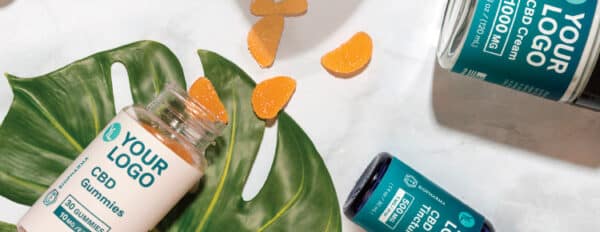
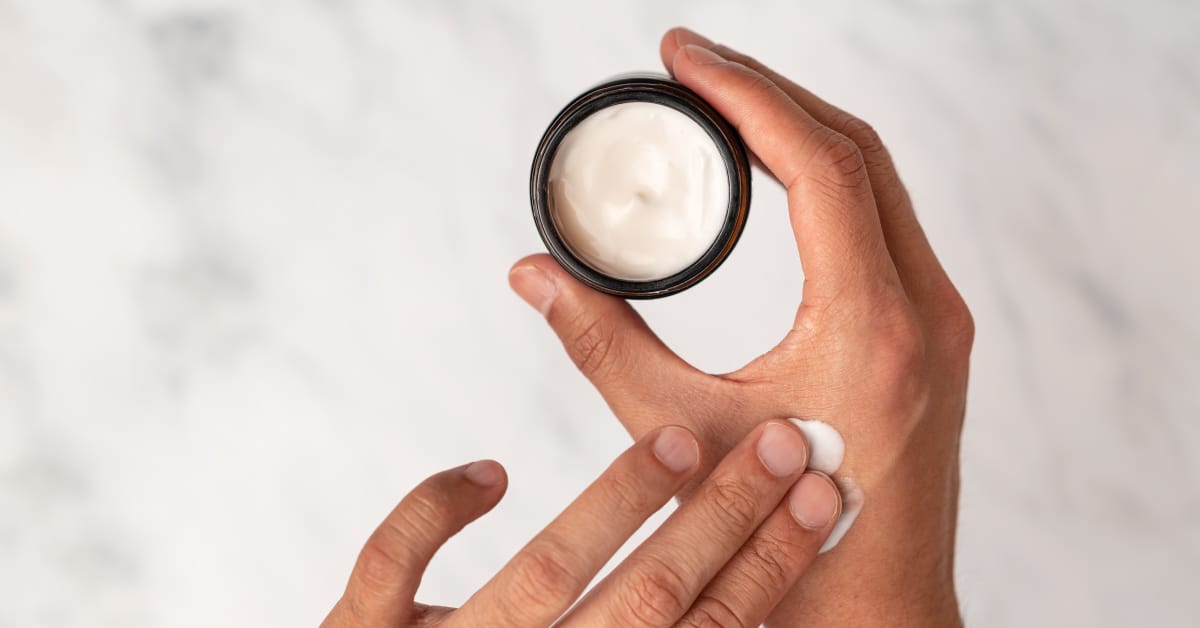
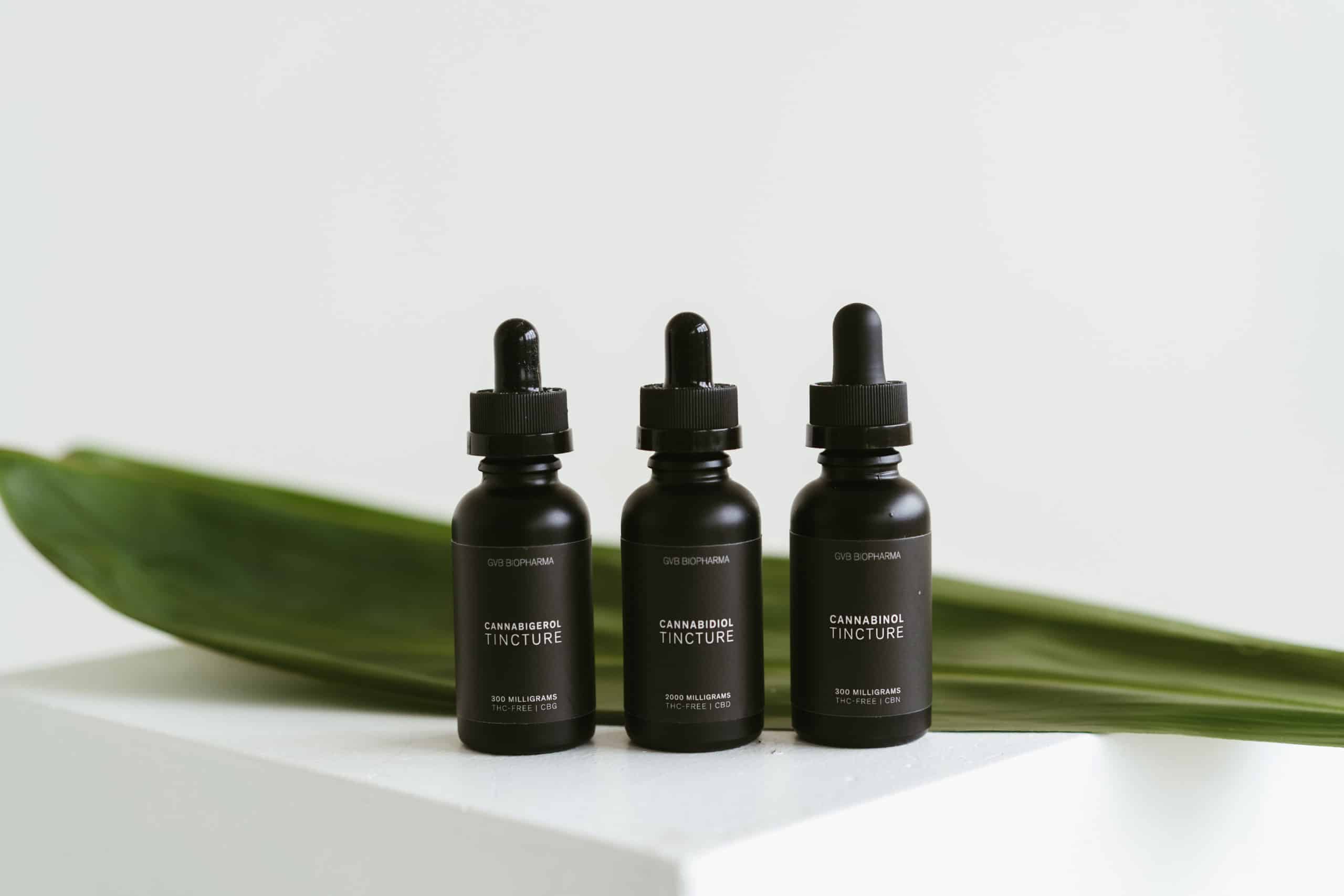
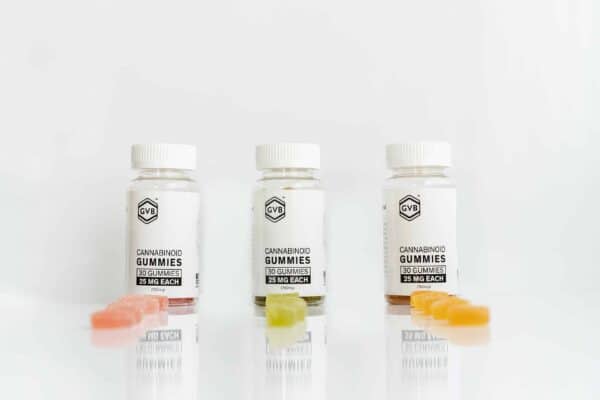

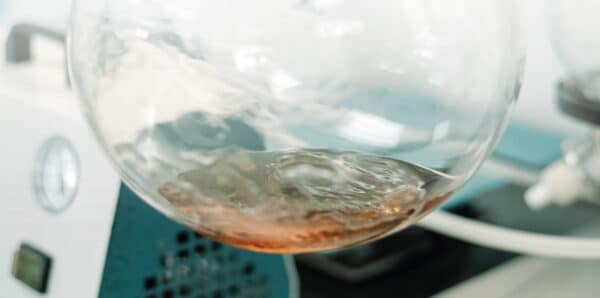


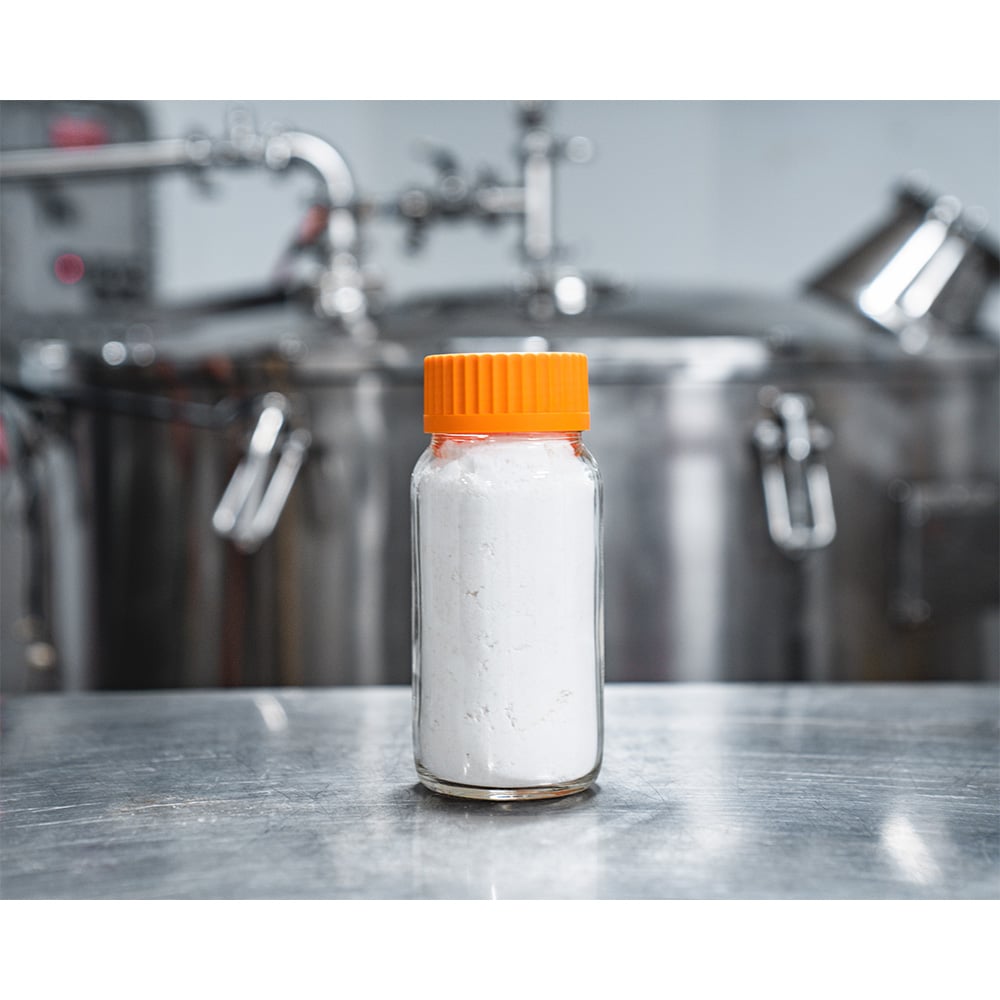
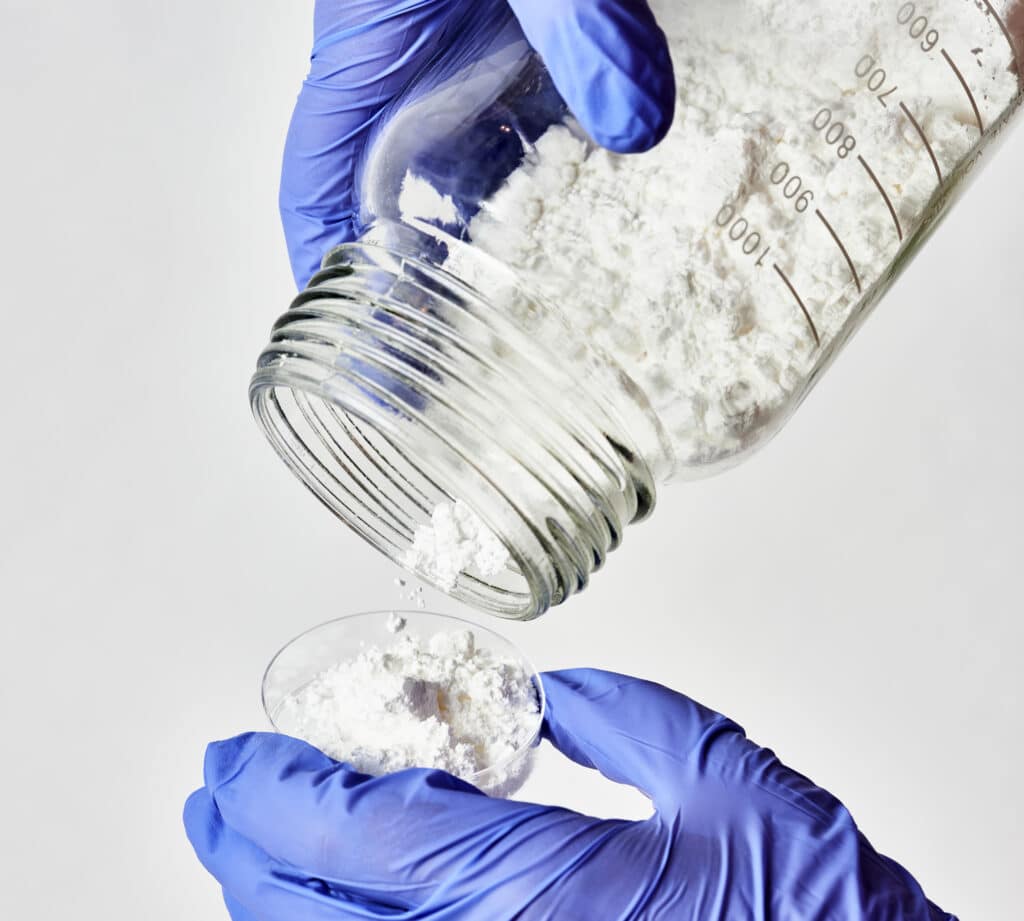
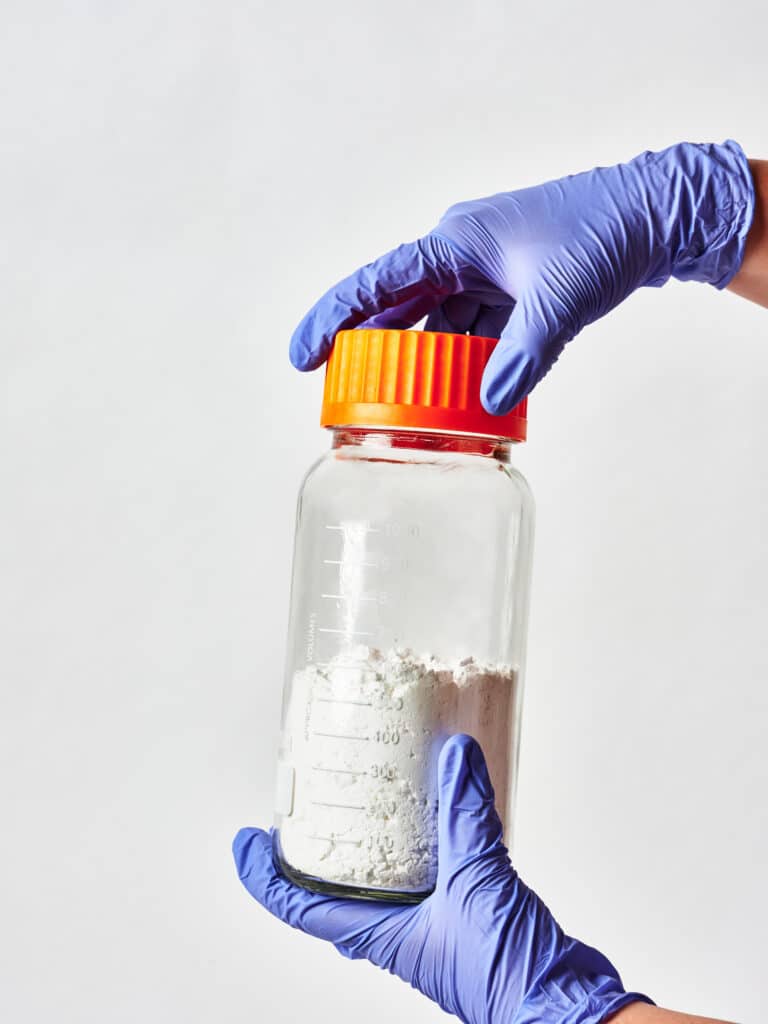
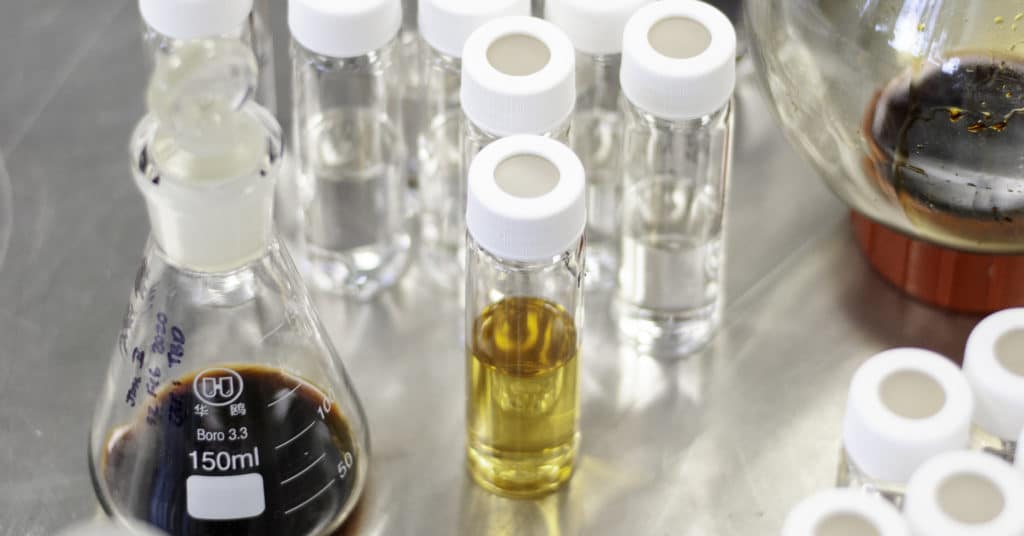

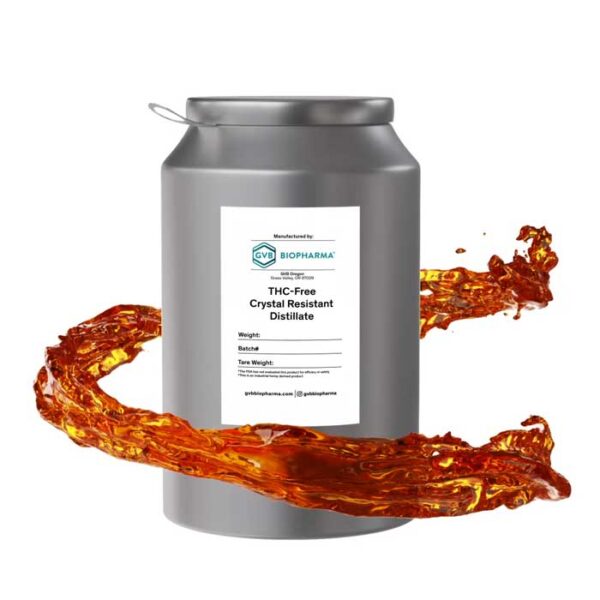
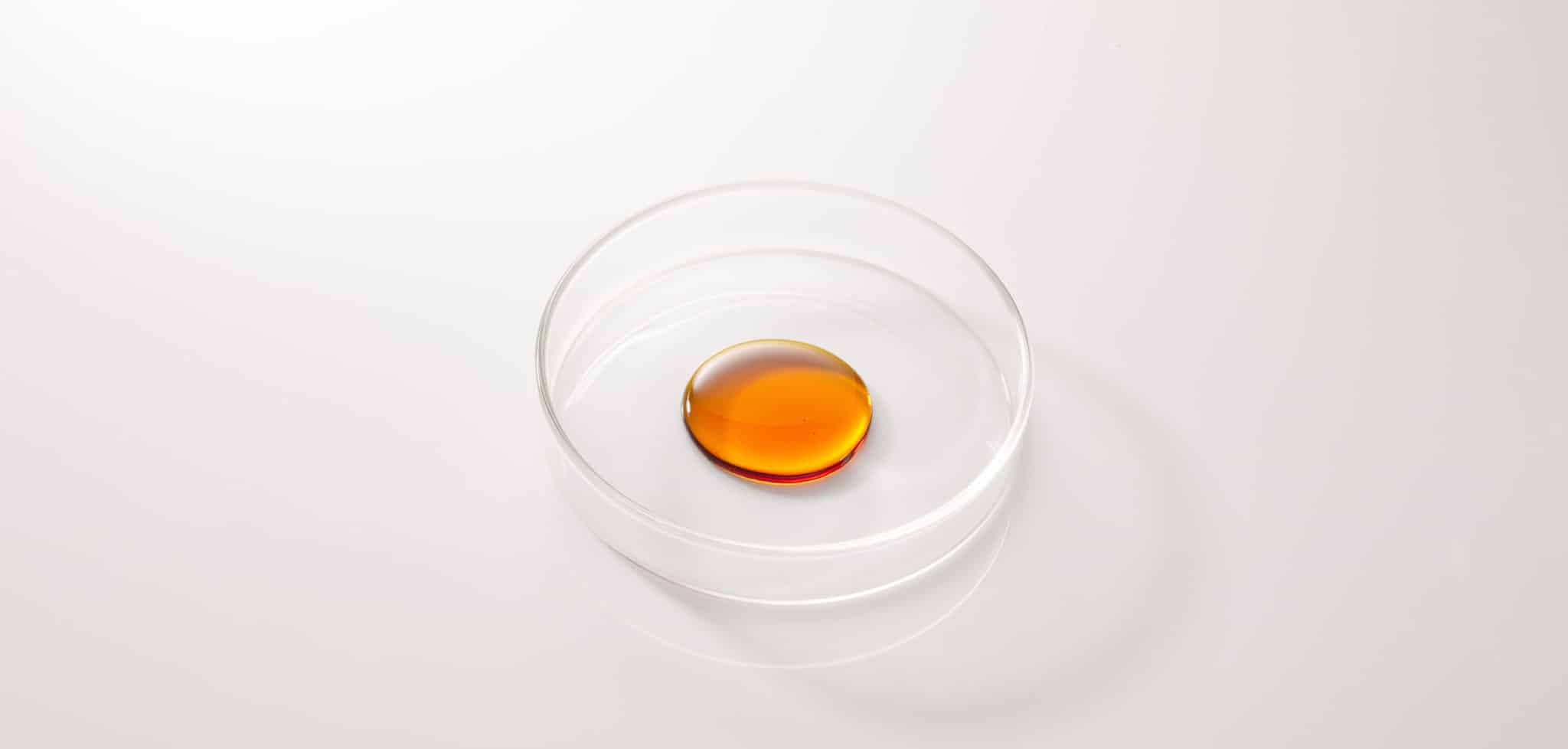
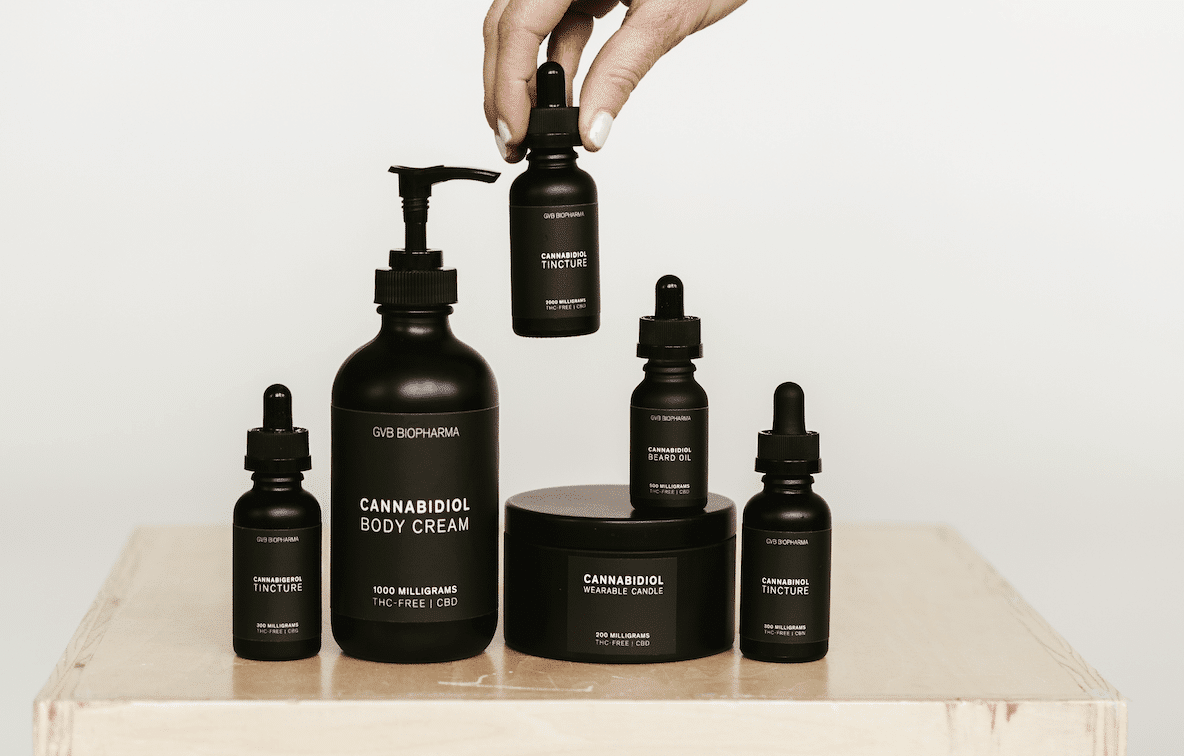
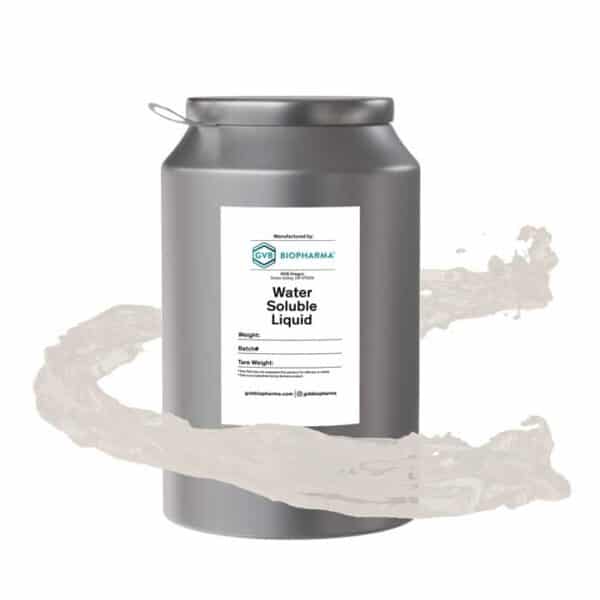
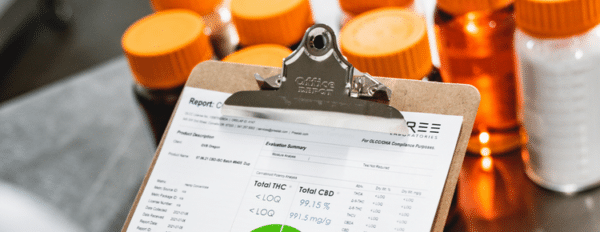

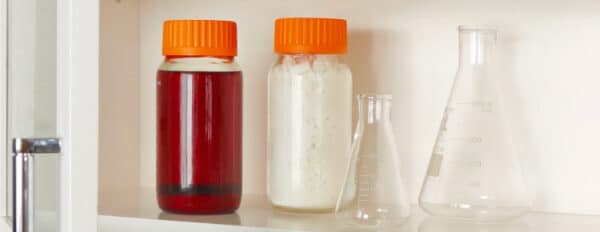
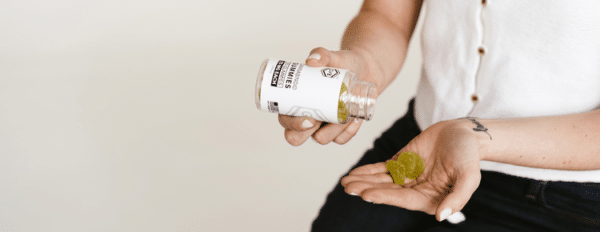
![Which Cannabinoid Products Sell Best? [Updated 2025]](https://www.gvbbiopharma.com/wp-content/uploads/2024/03/Which-CBD-Products-sell-the-best.jpeg)
